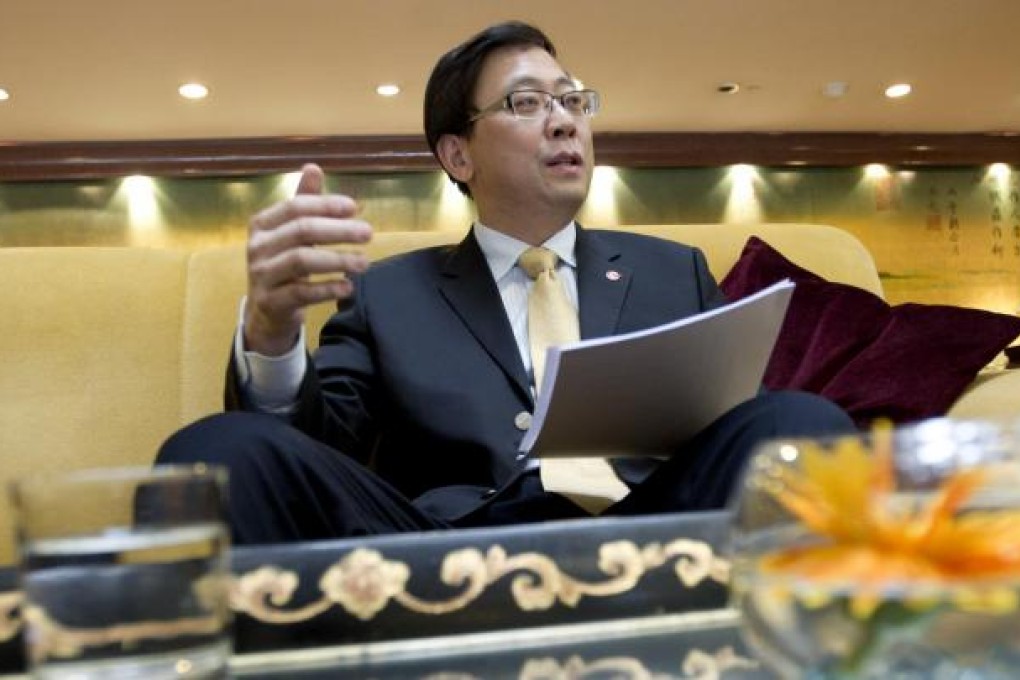Chinese aircraft maker charts expansion course
After taking over leading US general plane manufacturer Cirrus, the Zhuhai firm is looking at more acquisitions overseas

Meng Xiangkai is reaching for the skies. He is eyeing more overseas acquisitions after his company acquired leading general aircraft maker Cirrus Aircraft in the United States in 2011.

"We have more acquisition plans," he said. "But our globalisation push isn't just limited to mergers and acquisitions.
"We also aim to set up overseas centres for research and development, marketing and client services."
Meng is the chairman of Caiga, a unit of state-owned China Aviation Industry Corp (Avic), the country's largest aircraft maker.
The acquisition of Cirrus was the first made by China's aviation industry in the US aircraft manufacturing sector.
The takeover came when Cirrus, the world's largest maker of four to six-seater general aircraft, struggled with funding and began to lay off staff to cope with the global financial turmoil.